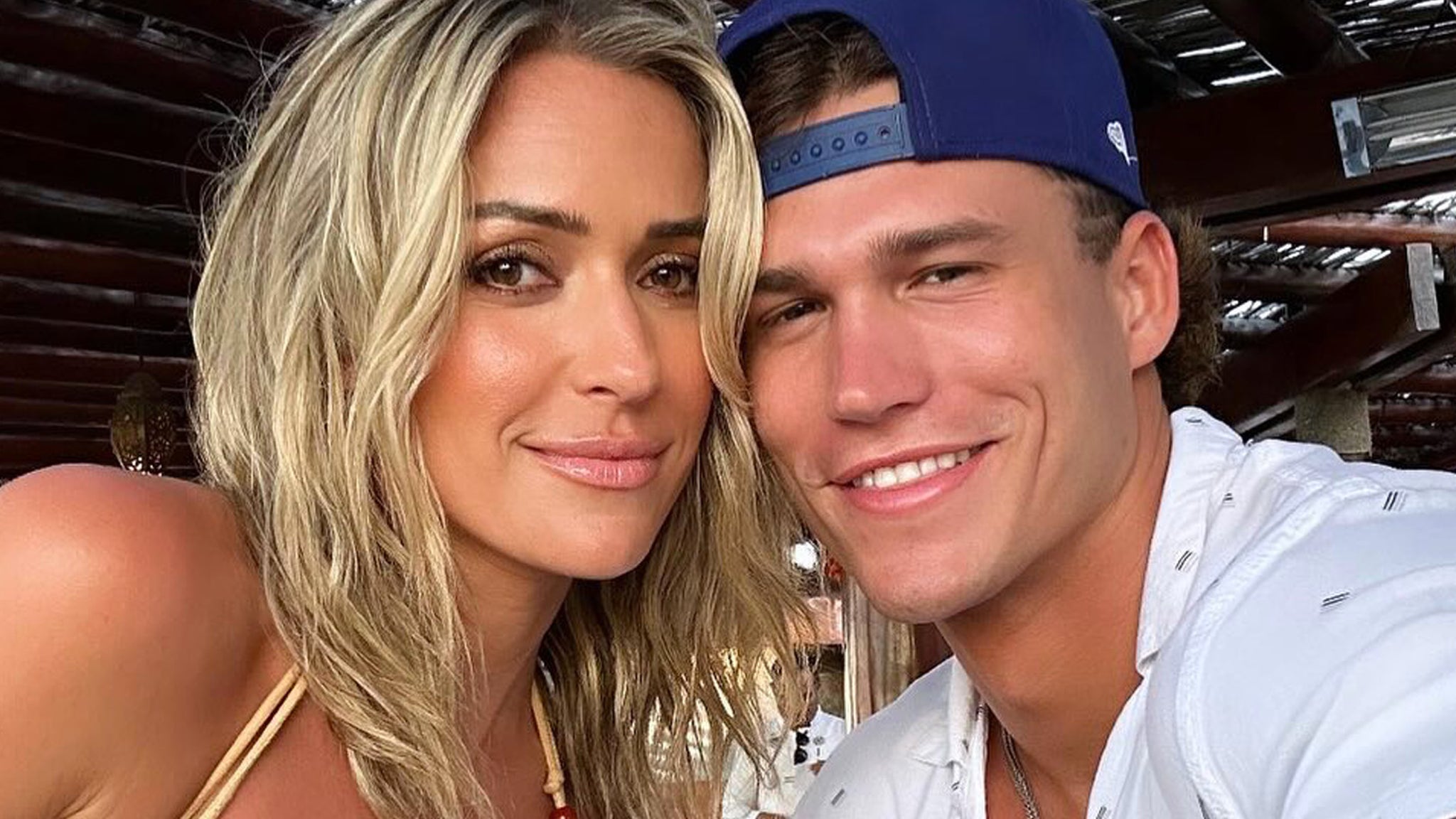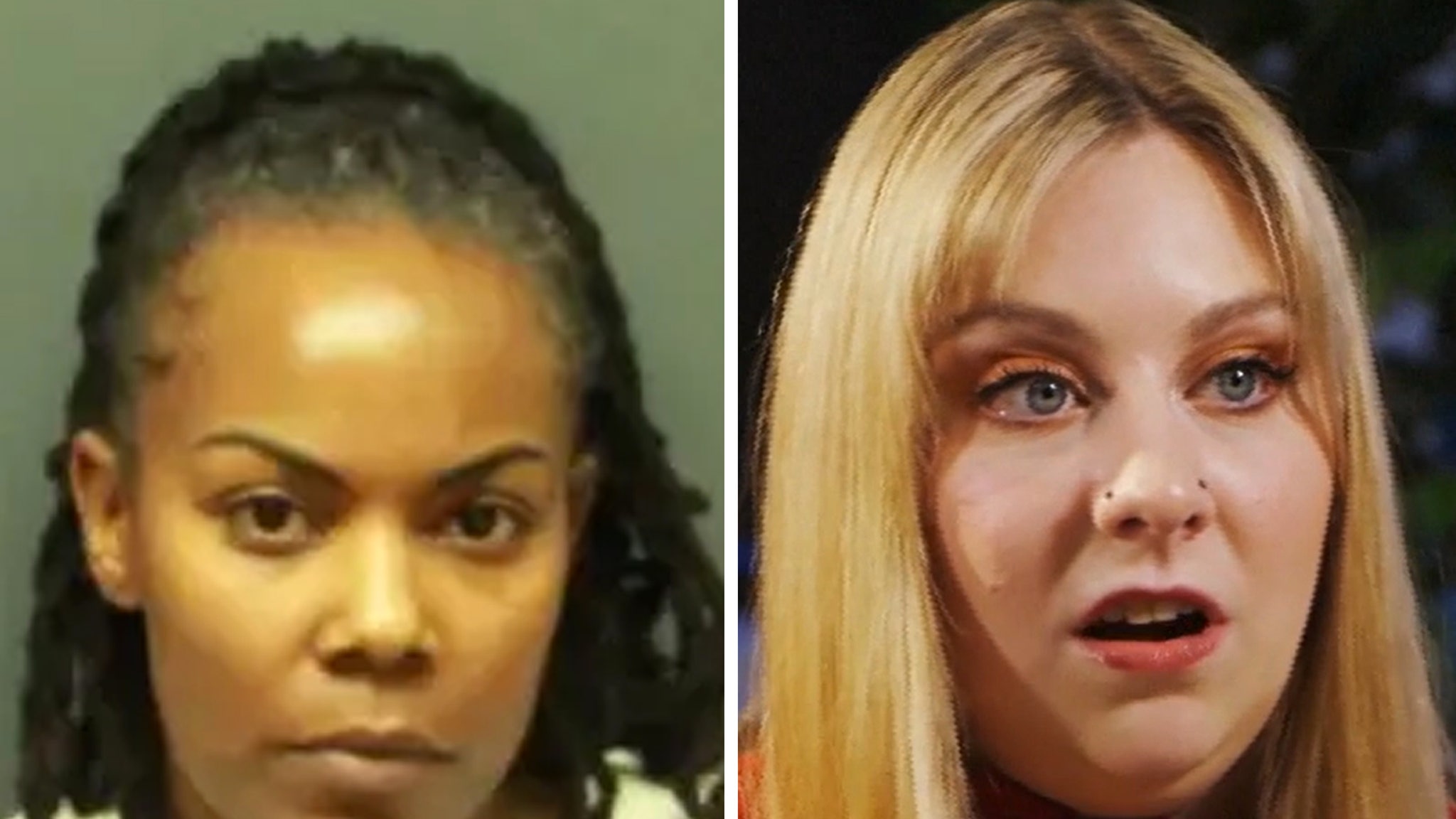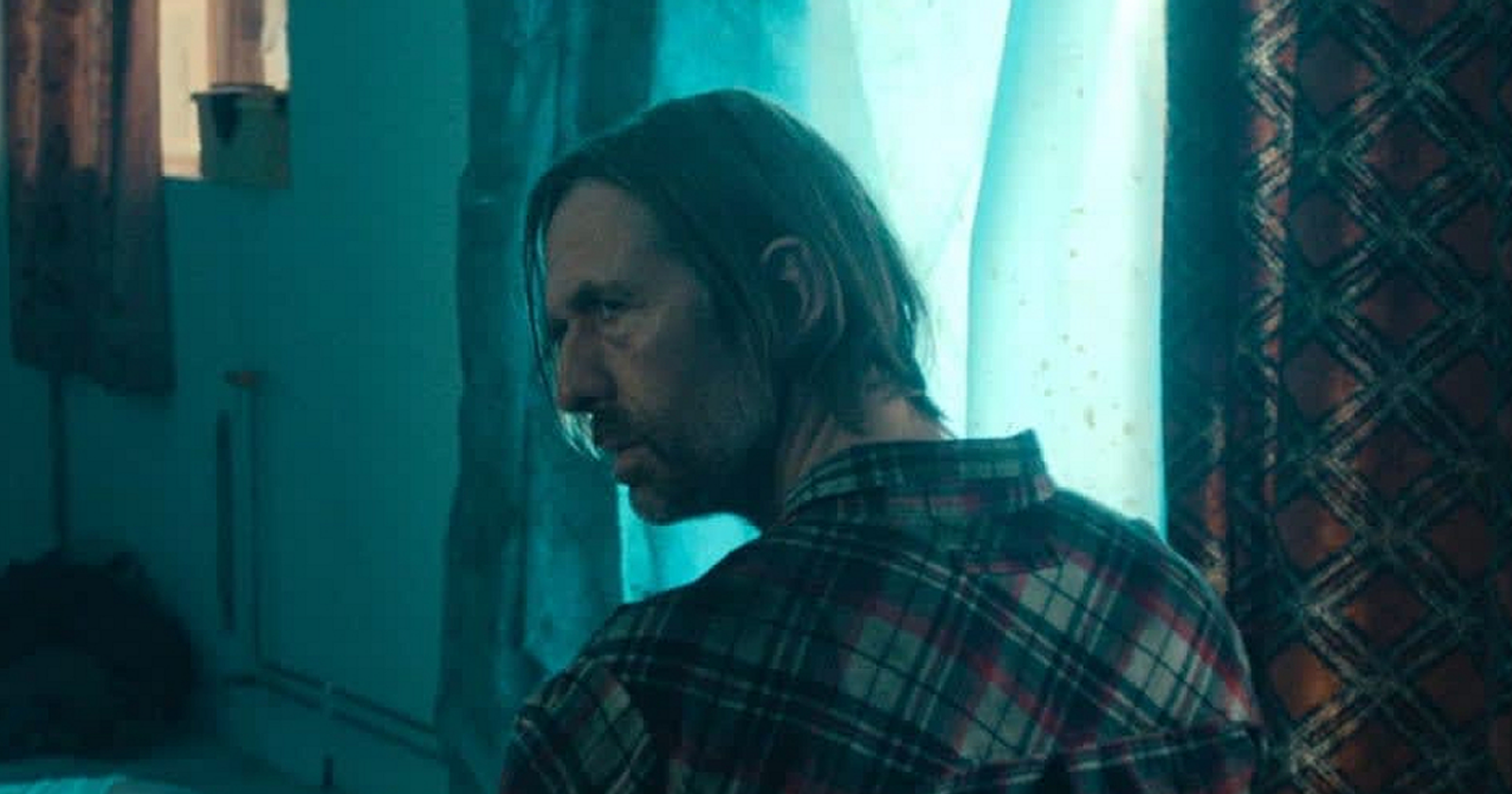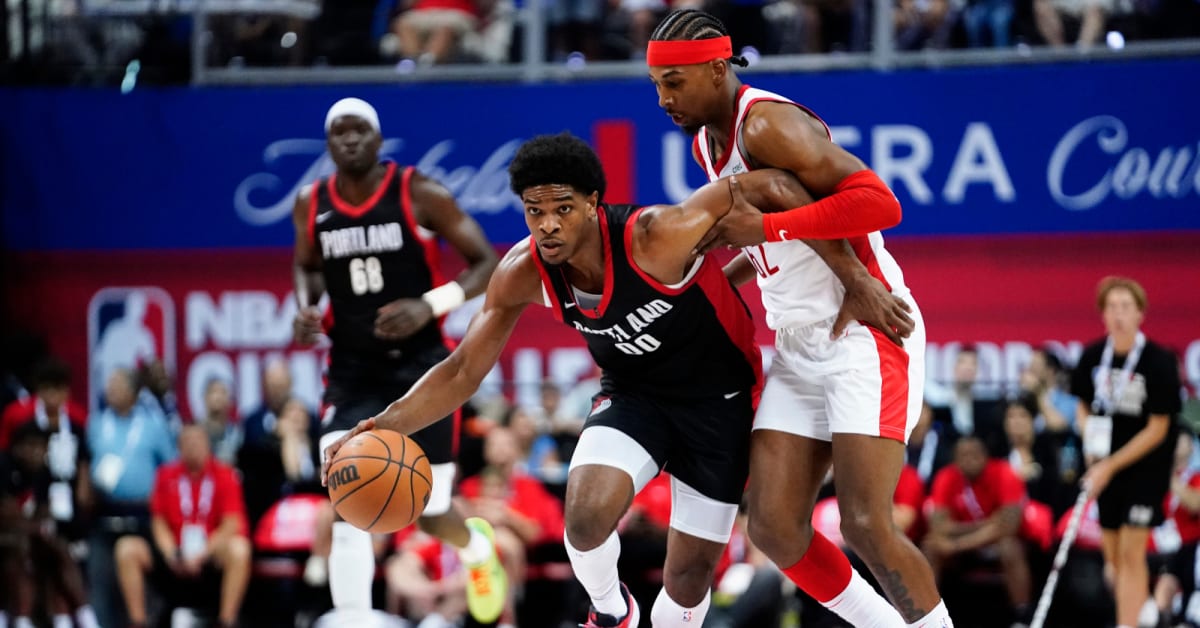
Pistol Review
Streaming on: Disney+
Episodes viewed: 2 of 6
It’s closing in on 30 years since Danny Boyle made his feature debut with Shallow Grave, and yet the filmmaker shows absolutely no signs of slowing down when it comes to his propulsive method of filmmaking. Within the opening minutes of Pistol, a six-part adaptation of Steve Jones’ biography, a young version of the drummer is swaying, trance-like, behind David Bowie’s (alleged) microphone in an empty venue. He snips the wire, grabs the loot, and makes a getaway through a van waiting outside.

The camera movements are volatile, the music raw and chaotic. Boyle is exactly where he wants to be, colouring enthusiastically outside the lines as he crashes together archive footage of men in overalls, public appearances from the Queen and policemen in hard hats, all captured in a boxy aspect ratio, the editing creating a disruptive rhythm, the frame seemingly never staying still. Baz Luhrmann’s go-to screenwriter, Craig Pearce, serves as showrunner on Pistol, but Boyle, who directed all six episodes, feels like the series’ creative frontman.
What Boyle manages to capture, through his naturally disorderly directing, is the rage accumulating within this safety-pinned cross-section of British youth.
Swept up in the show’s current is Jones, played with skittish charm by relative newcomer Toby Wallace. An enigmatic live wire in Australian indie drama Babyteeth, Wallace is the strongest of the show’s performing ensemble, as he pivots between wounded soul and his erratic stage persona. Jones’ book, Lonely Boy: Tales From A Sex Pistol, details a childhood marred by abuse, which is shown through occasionally clunky flashbacks, but Wallace handles the deep-rooted scars that Jones bears as an adult with a sombre touch. Around him, a group of young British stars embody key players in the rising British punk scene.
Talulah Riley plays Vivienne Westwood and Thomas Brodie-Sangster Malcolm McLaren, their makeshift manager, with a flamboyance that feels both authentic and overbearing. Maisie Williams, though far from Westeros, brings her formidable screen presence to Pamela Rooke, aka Jordan, with a vertical sheet of peroxide blonde hair and appetite for controversy. Anson Boon’s Johnny Rotten isn’t revealed until towards the end of the first episode, and to begin with doesn’t evolve past a series of ticks and traits. But on stage, bolstered by Wallace and co-stars Dylan Llewellyn and Jacob Slater, Boon evolves into a true punk vocalist with all the rage and charisma that comes with it.
The band’s genesis in the show’s opening two episodes provides a gateway back in time to the backstreet boutiques of the King’s Road, and a glimpse into the birth of punk. There’s no Sid Vicious in sight at this stage, no ‘God Save The Queen’, no hint of a US tour. What Boyle manages to capture, through his naturally disorderly directing, is the rage accumulating within this safety-pinned cross-section of British youth, and how Jones was at the forefront of something remarkable.
Danny Boyle’s sensibilities come out in full force for this serrated slice of music history. The performances vary in strength — but the collective scrappy energy of the ensemble under the director’s guidance is undeniable.









































































